Defection and the Imponderables of Ideology in Indian Politics
The defection and re-defection of political leaders amounting to a habit of party-hopping is seriously undermining Indian democracy. Hardik Patel defecting from Indian National Congress into BJP, and Kanhaiya Kumar, a young CPI firebrand, jumping into Congress are the latest examples.Interestingly, leaders are changing parties even before beginning their political career. It is strange that many Communists have defected to BJP, a party far away from them ideologically. Likewise, many Congress politicos have been jumping on to the BJP bandwagon, self-professedly their bitter rival . Actor politician Khushboo is a case in point . Evidently , these actions are undertaken with utter disregard to ideology.
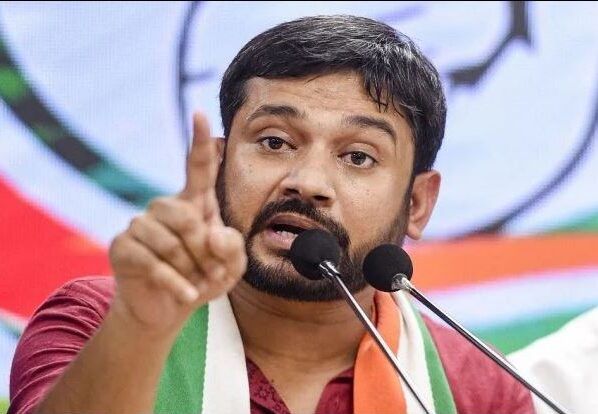
The defectors constitute a bunch of buccaneers. They bode ill for our politics, simply because they upend the political party as an institution of democracy. A party today, becomes the government tomorrow. What is a political party? It is a group of people sharing a common ideology and a set of organising principles, the latter flowing from the former. Therefore, an ideology is defined in terms of a set of principles, constituting a vision of a society that a party seeks to build. So if a party is run sans any ideology, it can easily resort to populism and opportunism in competitive electoral politics.
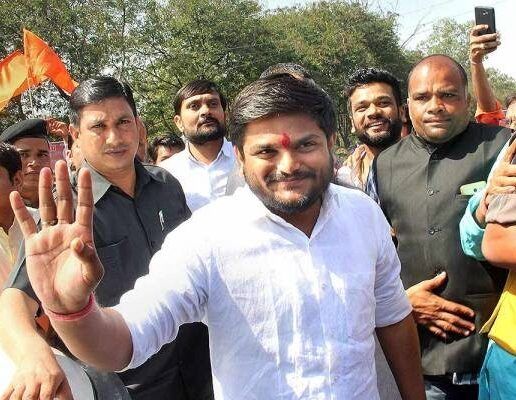
No wonder the former (populism) characterises our current dominant leadership, Prime Minister Narendra Modi and the Chief Minister Arvind Kejriwal. Once, in an interview, Kejriwal said, “I have no ideology, give me an issue, and I will fight”. The Prime Minister arguably represents an ideology. But in electoral politics, in an urge to win, he is not averse to enrolling any leader from any party in to the BJP fold, nullifying the initial assertion that, “BJP is a party with a difference”.
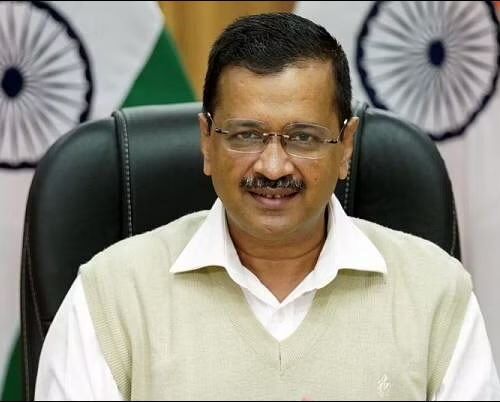
Pragmatists will argue if we need an ideology in running a party; what matters is winning elections. At the same time, each political party is associated with some ideology even by default. So when you refer to a political party, the image of the party pops up. For instance; BJP is a Hindu party, Indian National Congress – a catch-all party, Samajwadi Party – a party of Yadavas, Bahujan Samaj Party – a party of Dalits, DMK/ADMK – parties of Dravidians, Telugu Desam Party – a party of Telugus and so on and, then the Communists and their allies all bundled into so-called Left. But, interestingly, none of these parties is viewed from the point of view of ideology; such as Conservative, Liberal, Progressive, Socialists, Greens, Leftists (only the Communist) etc.
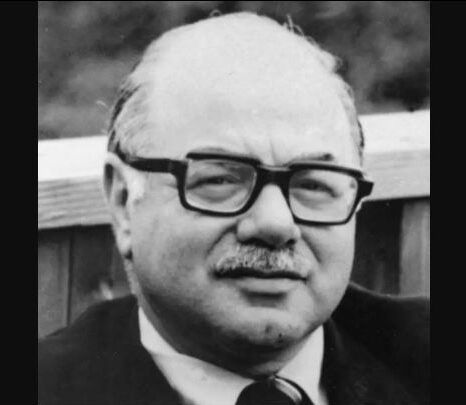
Daniel Bell
One is reminded of Daniel Bell’s prognosis in his book ‘End of Ideology’. Bell argued that all ideological frameworks had lost their power, and thus we had perhaps arrived at the end of ideology. May be not, as there are new ideologies emerging in many countries. In the Indian context, however, politics is yet to
begin to be driven by ideology. This is because of a wrong premise that, being ideological is not practical, as an ideology is perceived to be abstract or theoretical.
On the contrary, ideology has a political character, and a guide to direct political action. Such action- related interpretation implies that it is not the content of the ideologies alone that separates one party from the other; many of them swear by and imbibe the Constitution which enshrines a huge range of political principles, it is the function of the ideology in the political system that creates the differentiation. Ideologies do change in response to emerging political and economic situations in a given country, but the principles underpinning the ideology, remain perennial.
On the question of the ideology becoming abstract or theoretical, let us remember what Kurt Zadek Lewin, the German-American psychologist had to say, “Nothing is more practical than a good theory”. Lewin’s message was two-fold: theorist should provide new ideas for conceptualising and comprehending a problem, and ideas which may point towards solutions. Secondly, applied researchers should provide theorists with key information and facts which can be conceptualised in a coherent and clear way leading to solutions.
To dig deeper, let us examine why ideology in political discourse is rendered unimportant. First, it is a consequence of anti-intellectualism in Indian public life compared to most advanced democracies in the world. Surveys in political beliefs show that public does not often think about politics in ideological or intellectual terms. This has been brought out by John Robinson in an article way back in 1984 titled, “the Ups and Downs and Ins and Outs of Ideology in Public Opinion”. That is why the politicians do not attach much importance to ideology.
Second, in a country like India, with massive and chronic poverty, unemployment, backwardness and in some cases starvation, it is a luxury to talk of ideology. What is important is to address the immediate issue no matter what ideology one adheres to. One socialist Professor told the writer, “If BJP is providing bank accounts to the poor, toilet facilities, gas connection, and healthcare in villages, do I care if it is not a socialist party”.
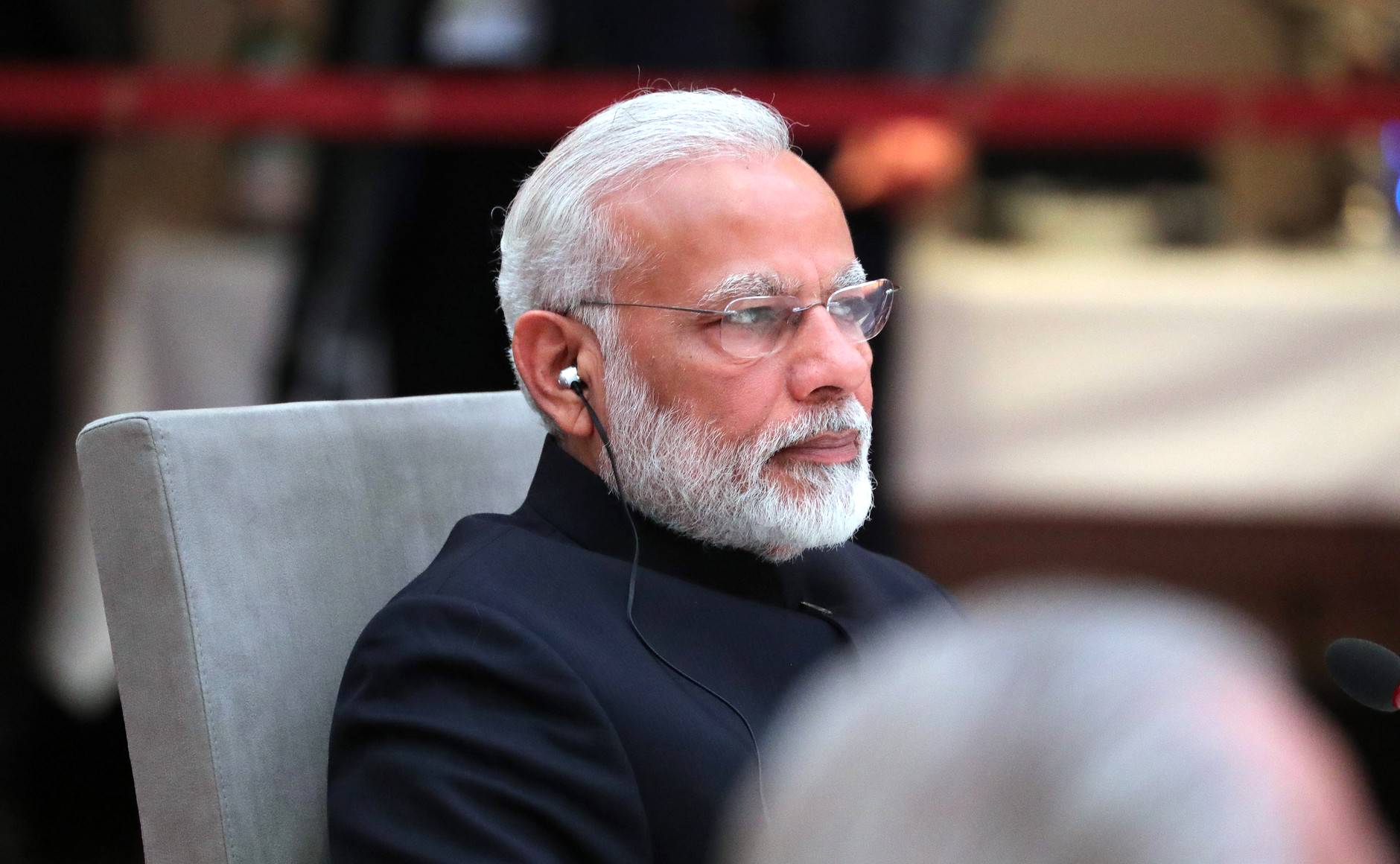
Third, majority of the members of the party have only rudimentary knowledge of a party’s ideology articulated by its leaders. In fact, they may hold, perhaps unwittingly, a variety of private views that may be at odds with the ideology of the party. Just a few days ago , a BJP spokesperson was suspended from the party for expressing views in a TV channel “not commensurate with her party’s ideology”. It is another matter that the utterances made by her are perceived by many observers as clear expressions of the core ideology of the BJP and its associates in the Rashtriya Swayamsevak Sangh (RSS) led Sangh Parivar . Whatever the final take on this , the statements have kicked off violent reactions in the country and in the diplomatic world internationally.
It is important, for the sake of a healthy democracy, to nurture politics on the premise of an ideology that holds the party together and offers voters options of competing political platforms. Subscribing to an ideology by leaders and respect for the same by the people will deter defectors. Voters should begin to call out such turncoats and punish them in elections. Thus, parties will be politically sanitised against the infection of defection.







